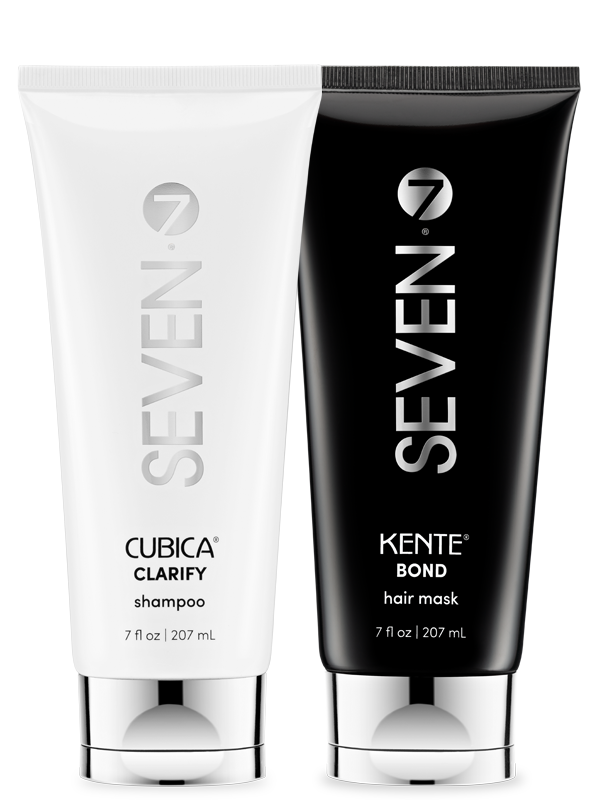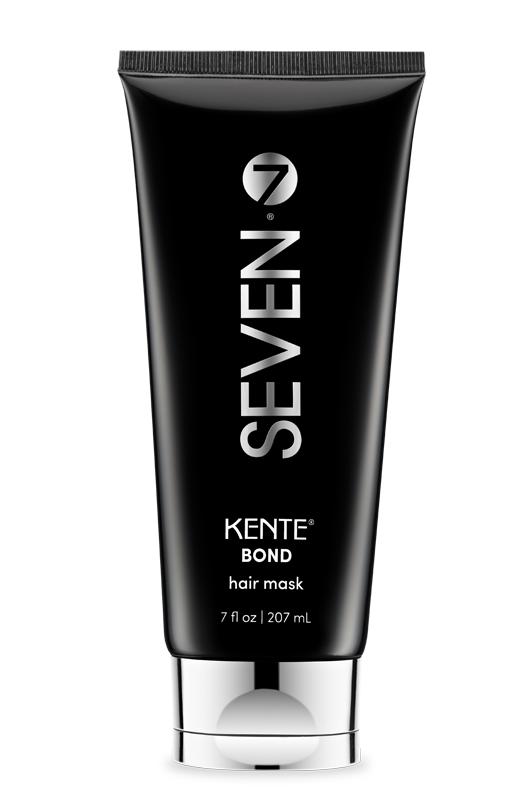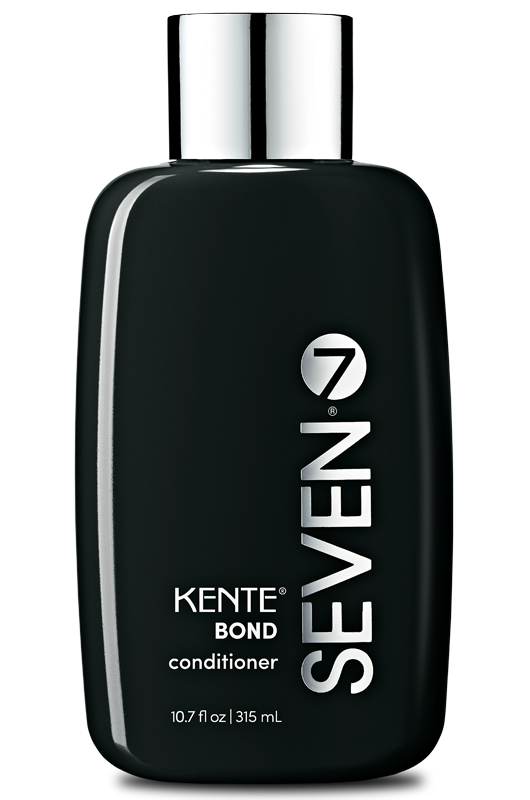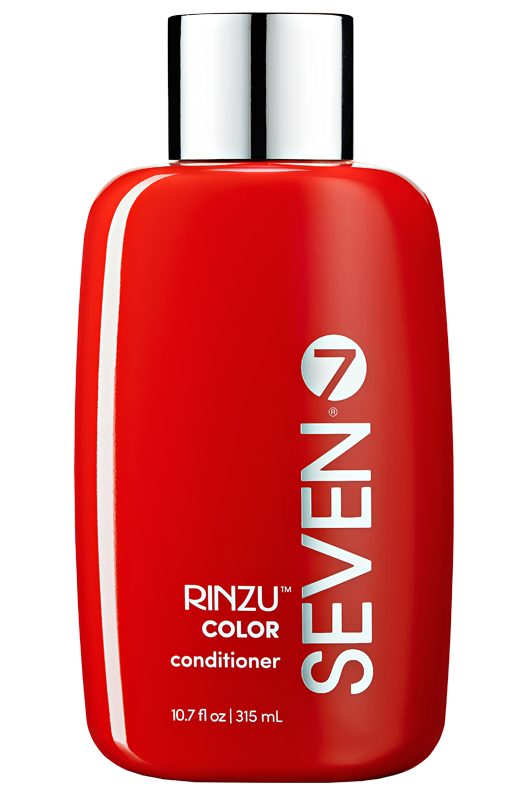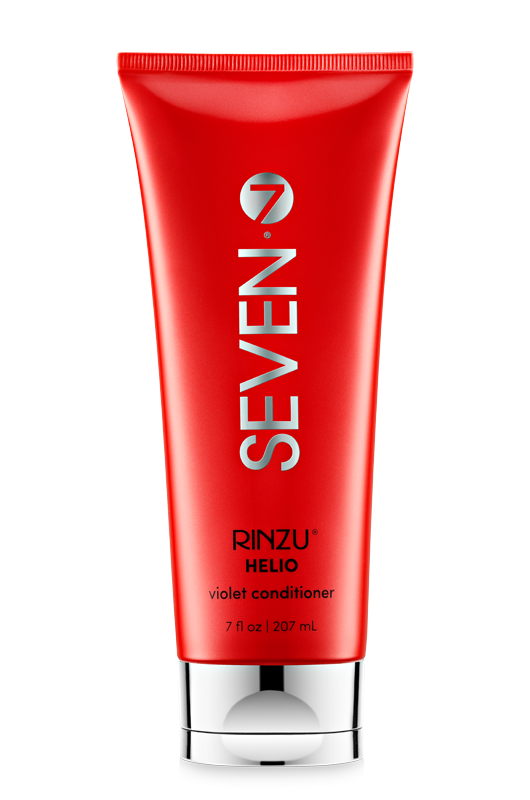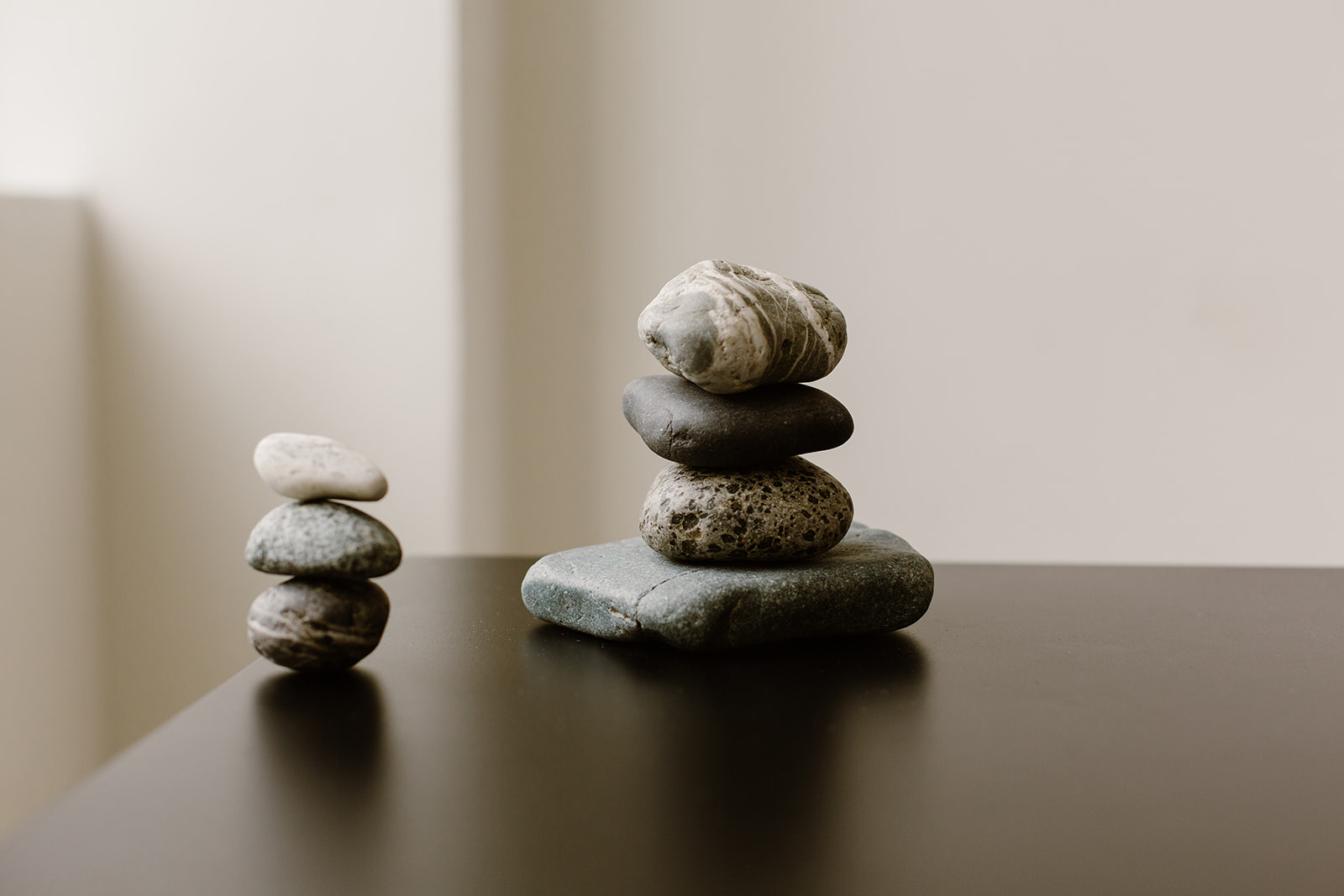
Cocktail Hour
Featured
Science-based
Diagnosing and Fixing Overhydrated Hair
This may come as a surprise, but dry hair can actually be caused by overhydration. Overhydrating your hair can actually make your hair feel dryer over time. In the pursuit of perfectly balanced and healthy hair, we went to celebrity stylist Cash Lawless for a bit of advice.
This is Part 2 of a series. Read Part 1: Does your hair have too much protein?
Diagnosing dry hair: When do you have enough moisture?
Hair strands are made up of water, lipids, minerals, pigments, and a resilient protein called keratin. Keeping it all in balance is essential for healthy hair—especially as we manipulate the bonds in hair to create the style, texture, and color we want. Here is how moisture and protein work together in healthy hair:
Perfect level of moisture:
Hair can stretch without over stretching or breaking.
Perfect level of protein:
Hair has enough strength to bounce back from being stretched.
Diagnosing damaged hair: Overhydration, a.k.a. Hygral Fatigue
When hair is porous, water can flow easily into and out of the hair shaft. Hair can be naturally porous or can increase in porosity through styling and color processing. When hair becomes extremely porous, water rushes into and out of the hair shaft causing a condition called hygral fatigue. Hygral fatigue means that you are wearing out your hair with too much water.
“The telltale sign of dry hair is that the hair strands seem smaller than they used to be. They tangle easily, look and feel dry, but still have some good memory. Essentially, the stringy look. If your hair won’t hold a curl, feels heavy, weighed down, flat and limp, you likely have too much moisture.”
—Cash Lawless
Another sign of hygral fatigue is if your hair feels mushy.
“The most unfortunate part of too much moisture is that water molecules in the hair will boil when heat is applied, blasting holes in the cuticle as the gas escapes. This is incredibly damaging to the hair.”
—Cash Lawless
We are going to repeat that in case you were still thinking moisture balance wasn’t important. Your hair can boil itself. Yikes!
What if my hair has too much moisture or is over-conditioned (aka, hygral fatigue)?
When there is too much moisture in the hair, this is known as “hygral fatigue.” The solution is to strengthen your hair, and protein is the foundation of strong hair. A protein mask may be an option if you have really pushed the boundaries of hygral fatigue. However, as with most things, preventing hygral fatigue is better than treating it. Instead of waiting until your hair has too much moisture, overcompensating with a protein mask, and risking over-proteinizing the hair, use the right shampoo, conditioner, and styling products to keep moisture and protein in balance from the start.
How to prevent hygral fatigue with SEVEN haircare
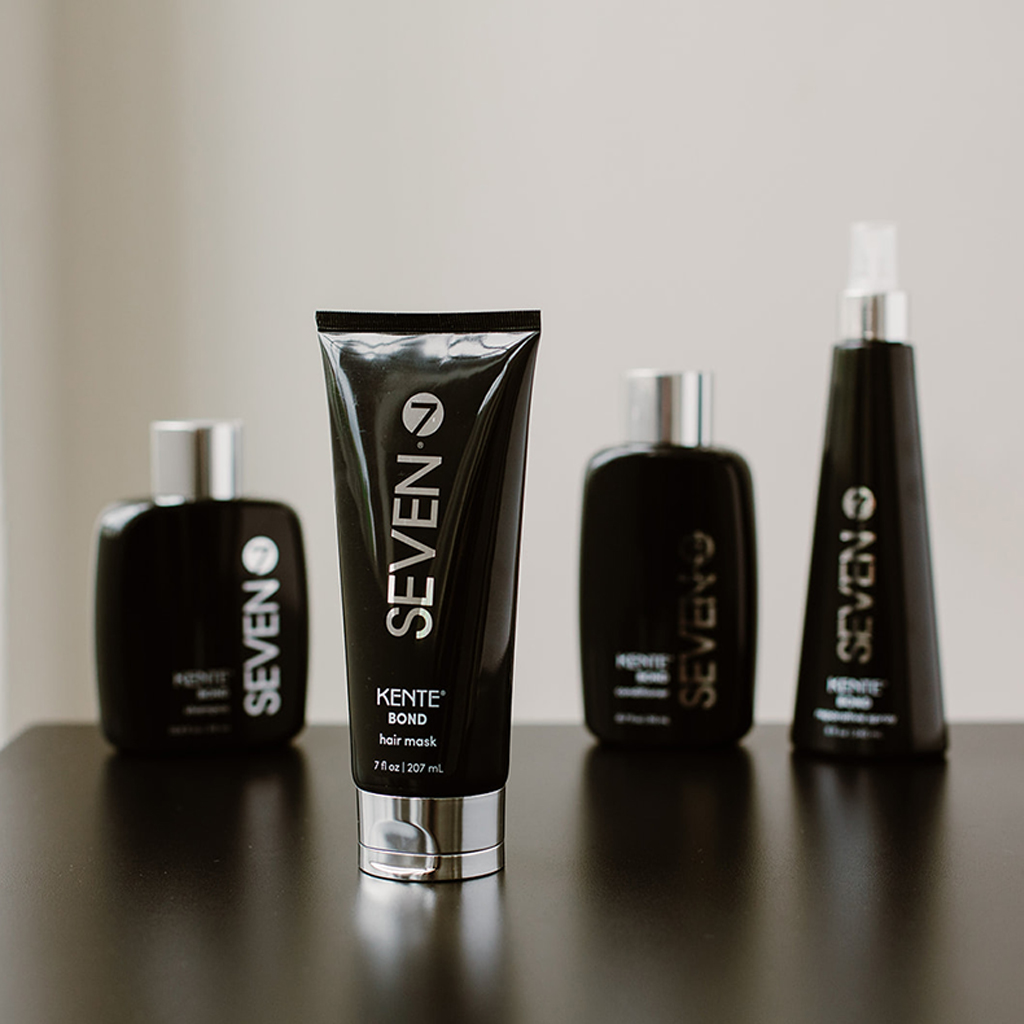
The amino acids present in SEVEN haircare shampoos and conditioners are designed to support healthy hair structure. Originating from sources like quinoa and rice, the proteins in SEVEN haircare products are hydrolyzed to optimize absorption. They not only help strengthen hair fibers, but in many cases help hair retain the proper amount of moisture, bringing harmonious, healthy balance. SEVEN Kente® BOND system is a great option to repair damage and restore balance to your hair.





